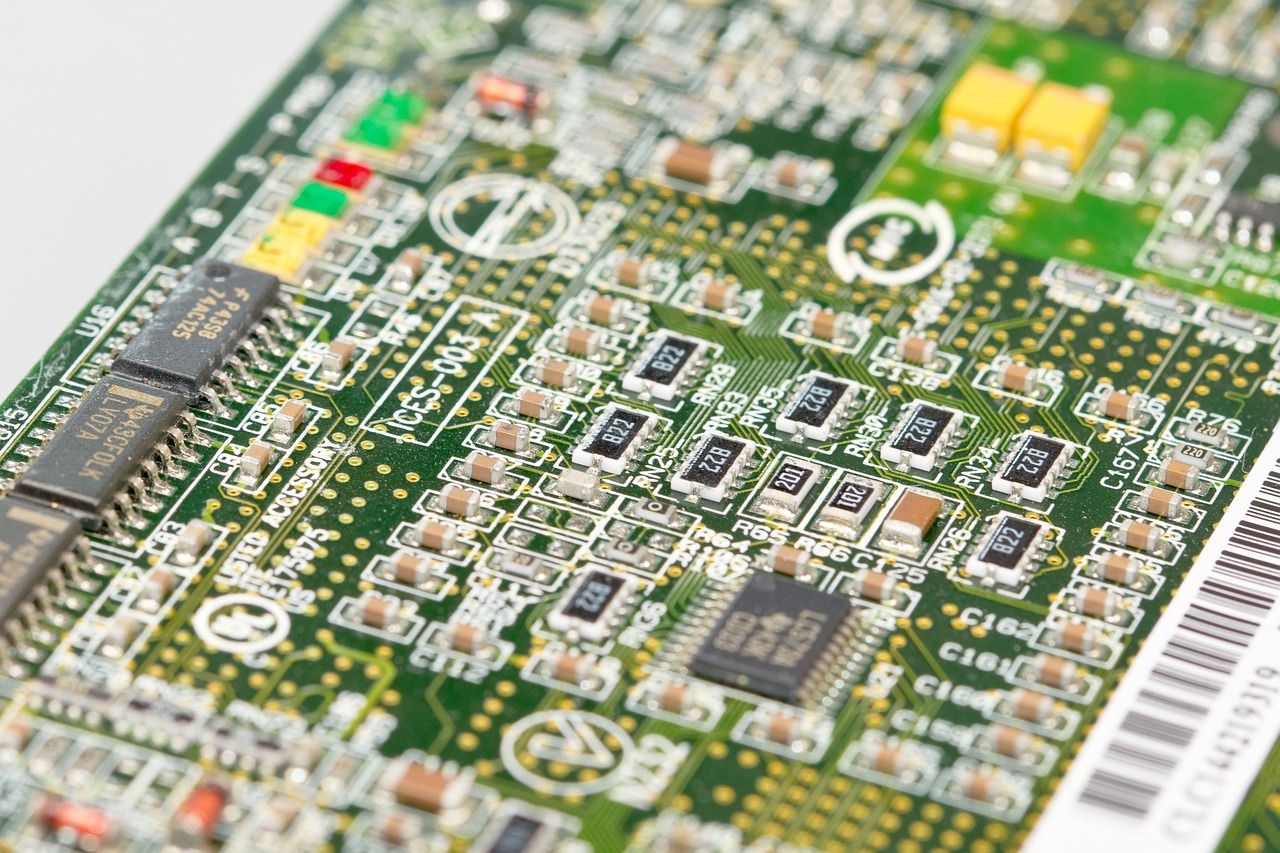Everything We Know About Intel's Skylake Platform
Intel's Skylake architecture and corresponding platform represent a huge evolution in connectivity, overclocking and, ultimately, system performance. This resource should help answer any questions you have about the company's current desktop PC design.
Are You Looking At A Skylake Motherboard?
Intel's Skylake-based processor launch was one of the most hectic in recent history. The company's focus has changed, and the way it disseminates information isn't as thorough as it once was. Consequently, new information about the architecture and its supporting chipsets seems to trickle out slowly, whereas we were previously much better connected to the minds responsible for platform development. Several of the most recent disclosures were sponsored by motherboard OEMs exploring features and capabilities to give them an advantage over the competition.
Those board vendors may still have a few tricks up their sleeves. Overclocking non-K-series CPUs is still a hot topic, so it's possible that OEMs will continue looking for more graceful ways to achieve this. Meanwhile, we expect Intel will continue inhibiting the value-seeking tendencies of enthusiasts looking to buy something inexpensively and extract maximum performance from it. Should Intel surprise us and back off of its aggressive stance, other board vendors may try to create non-Z170 platforms with overclocking features as well. So, don't be surprised to see this story change over time as we work to keep an up-to-date reference on everything there is to know about Skylake.
MORE: Best CPUs
MORE: Best MotherboardsMORE:
How To Choose A Motherboard
MORE: All CPU Content
Follow Michael Justin Allen Sexton @EmperorSunLao. Follow us on Facebook, Google+, RSS, Twitter and YouTube.
Get Tom's Hardware's best news and in-depth reviews, straight to your inbox.
-
Captainawzome Reply
Thanks! Sadly, this page does not explain the nuances of other factors such as overclocking potential, and the probability of getting a skylake CPU that overclocks to 4.6, 4.8, etc17734443 said:Intel's Skylake architecture and corresponding platform represent a huge evolution in connectivity, overclocking and, ultimately, system performance. This resource should help answer any questions you have about the company's current desktop PC design.
Everything We Know About Intel's Skylake Platform : Read more
Very informational though! :)
-
logainofhades I suspect that if Zen is in any way successful, Intel will back off a bit, on the non z overclock stance. If they price a chip that is competitive, say at least on the same single threaded performance level as Haswell, with a locked i3 or i5, AMD will get a much needed boost in sales. I honestly hope something like this happens. This one side dominating completely, is bad for consumers.Reply -
IInuyasha74 Reply17734455 said:
Thanks! Sadly, this page does not explain the nuances of other factors such as overclocking potential, and the probability of getting a skylake CPU that overclocks to 4.6, 4.8, etc17734443 said:Intel's Skylake architecture and corresponding platform represent a huge evolution in connectivity, overclocking and, ultimately, system performance. This resource should help answer any questions you have about the company's current desktop PC design.
Everything We Know About Intel's Skylake Platform : Read more
Very informational though! :)
Well you see, it is hard to put a number on that which would hold up reliably. Overclocking chips could land just about anywhere, and without testing dozens of samples we couldn't come up with an average overclock that Skylake seems to be able to hit that would hold up well enough. -
kunstderfugue Hopefully the competition later this year makes Intel reconsider the way they're treating their consumers.Reply -
logainofhades Yea, I have not been very happy with Intel, since Skylake released. The Xeon chipset part, in particular, irked me. The whole launch has been a disaster of confusion. Glad this article was made to clear some things up.Reply -
TJ Hooker ASUS, MSI, and Gigabyte all ventured into non-k overclocking on their Z170 boards as well. The BIOSs that enabled it may have been labelled as betas, and I'm not sure if they're available through official channels anymore. But if Biostar gets a mention for releasing and then retracting non-k OC, I don't know why these other manufacturers aren't brought up.Reply
Another drawback of non-k BCLK OC is that CPU core temperature can no longer be read.
Lastly, another potential topic to add is the subject of DDR4 at speeds greater than 2133 MHz. I've seen many forum questions about what CPU/mobo support for running 2400+ MHz DDR4. I'm under the impression that you need a Z170 mobo (I could be wrong), I've seen people say you need an unlocked CPU (from personal experience I know this is wrong), could be handy to add a section to clear this up. -
josejones I am far more interested in articles about the soon to come Z270 motherboardsReply
200-Series Union Point Motherboards
http://www.tomshardware.com/forum/id-2983311/200-series-union-point-motherboards.html -
Jaran Gaarder Heggen Interresting article, but can you please add chipset for dual cpu xeon also in the Workstation area?Reply
-
hixbot ReplyI am far more interested in articles about the soon to come Z270 motherboards
You will be lucky to see Kaby Lake mobile before the end of 2016. It will be mid 2017 at the earliest before consumers can get their hands on desktop motherboards with Union Point.
200-Series Union Point Motherboards
http://www.tomshardware.com/forum/id-2983311/200-series-union-point-motherboards.html
Very hard to expect a detailed breakdown of that platform at this time.
